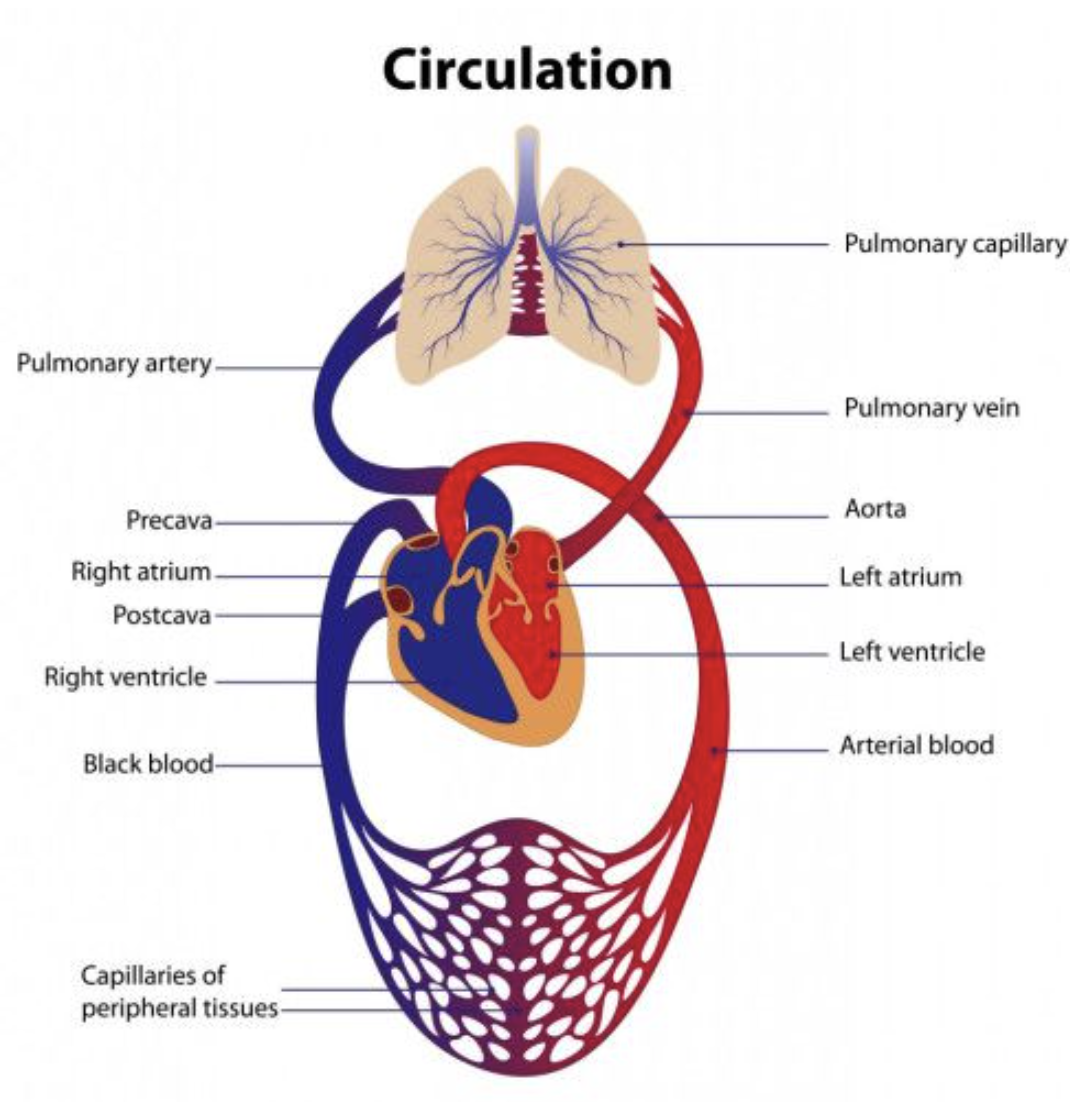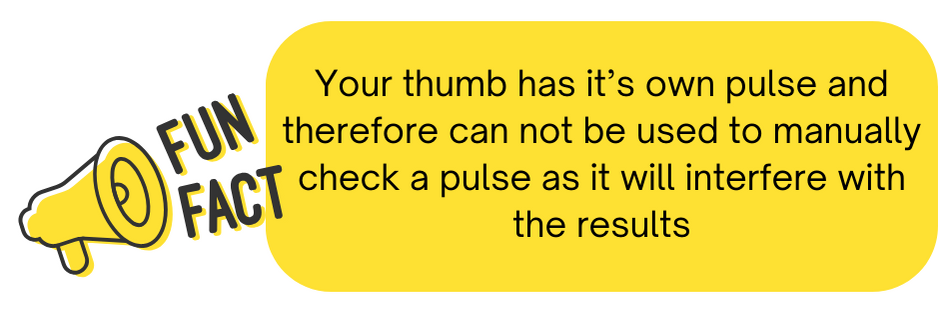
Your pulse rate is a vital sign that measures how many times your heart beats per minute. The average pulse rate for a healthy adult typically ranges from 60 to 100 beats per minute (bpm), although individual variations are normal. This rate can fluctuate due to physical activity, emotional stress, body temperature, and overall health.
You can place your fingers on areas where a major artery is close to the skin’s surface to feel your pulse. Examples include the radial artery at the wrist and the carotid artery at the neck. These arteries carry oxygen-rich blood from the heart to the rest of the body. Each pulse represents a heartbeat as the heart’s left ventricle pumps blood through the aorta and out to your organs and tissues.

Pulse rates are affected by various factors:
- Physical Activity: During exercise, your pulse rate increases to meet your muscles’ higher demand for oxygen and nutrients. After exercise, your pulse rate should gradually return to its resting level.
- Emotional State: Stress, anxiety, and excitement can raise your pulse rate. Conversely, relaxation and meditation can lower it.
- Health Conditions: Certain medical conditions, such as anemia, thyroid disorders, or heart conditions, can impact your pulse rate. It’s essential to monitor any significant or persistent changes and inform your medical professional if you are concerned.
- Medications: Some medications can affect your heart rate. If you’re taking medication and notice changes in your pulse, discuss it with your healthcare provider.
Meanwhile, a pulse rate below 60 bpm, known as bradycardia, can be considered ‘normal’ for some people. However, consult a healthcare provider if you consistently experience a pulse rate significantly outside the average range or notice irregularities. Such conditions require further investigation to rule out underlying health issues.
Regular pulse rate monitoring can be a simple yet effective way to monitor your cardiovascular health and overall well-being. If you have any concerns or experience unusual symptoms, always seek medical advice for personalised guidance and care.

